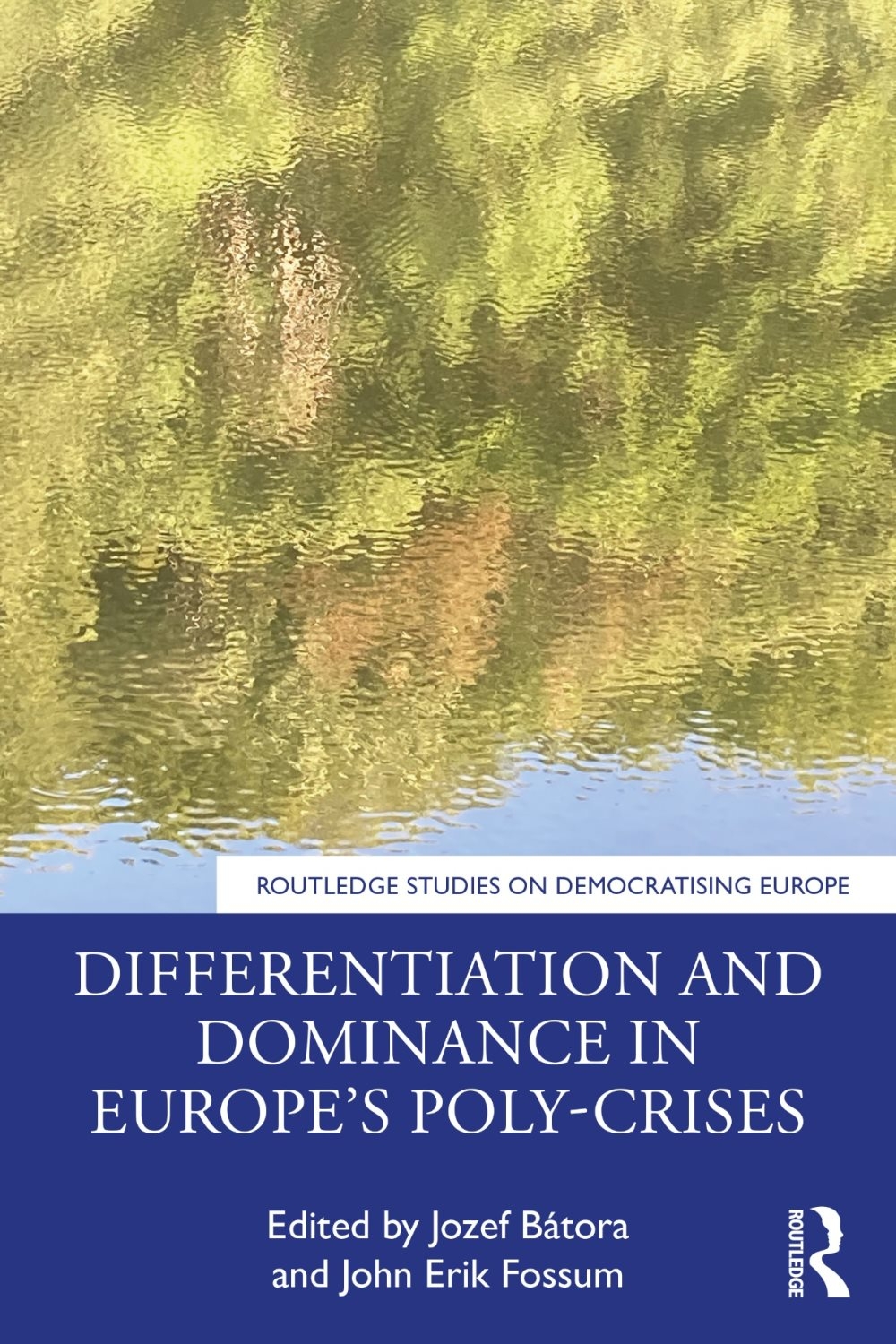Against the backdrop of a more differentiated European Union, this book discusses the relationship between differentiation and domination in the EU in relation to how it has been transformed through the financial and refugee crises, the COVID-19 pandemic, the Russian invasion of Ukraine, and in general, a more volatile and less rule-bound global context.
In doing so, it assesses to what extent these adaptations represent significant change, generating new problems and challenges, or on the other hand, providing an opportunity for new solutions or even signalling a new approach to governance that can mitigate problems associated with domination. Differentiation is discussed not only from a legal perspective, but with special attention to structural and institutional arrangements, which includes patterns of path dependence and built-in biases.
This book will be of key interest to scholars and students of public sector crisis management, international organisations, and EU politics and studies.











